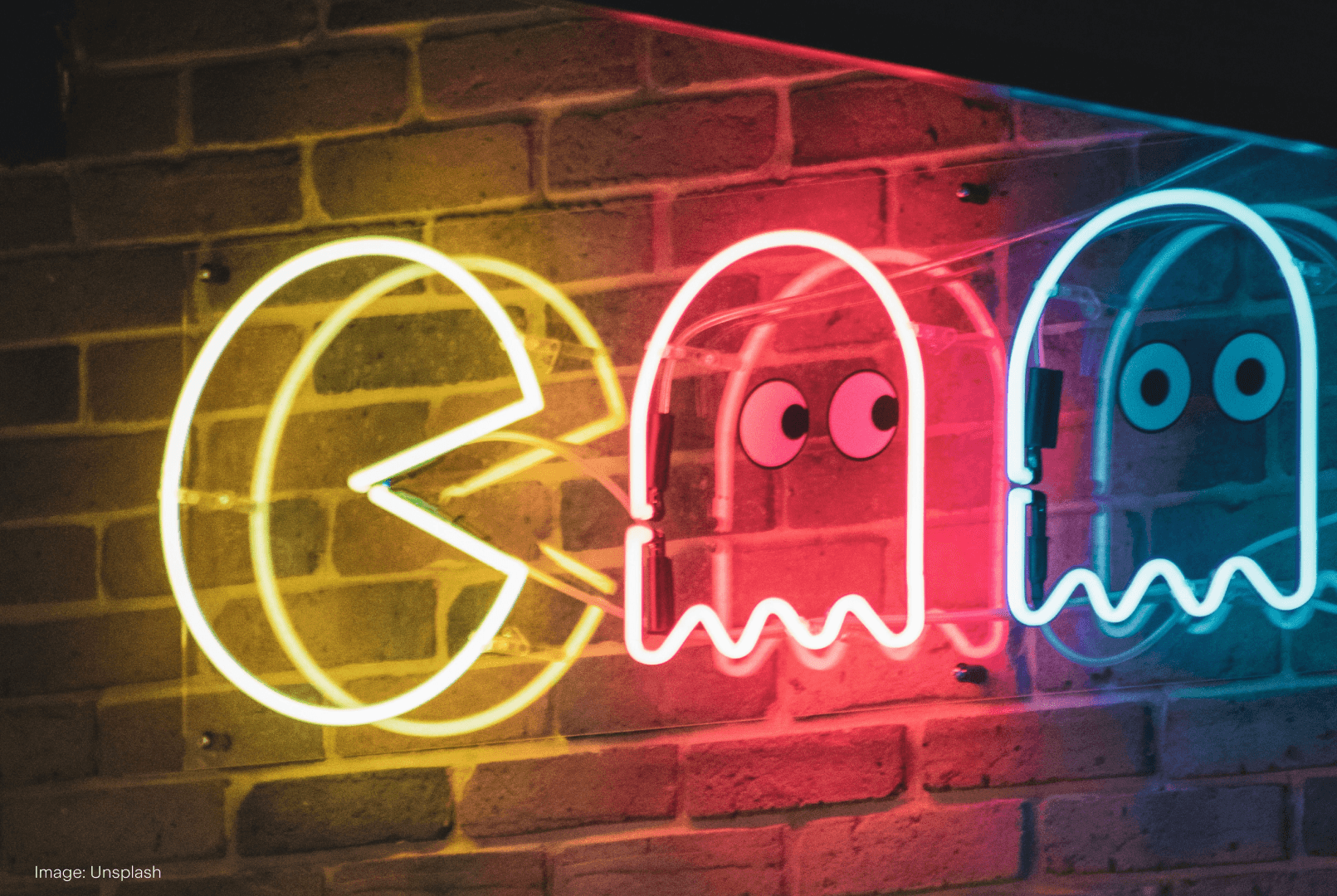
Pac-Man
Companies are always chasing growth. Sometimes, they find the best strategy is to swallow the competition whole.
Everybody knows Pac-Man, the iconic arcade character with an insatiable appetite for pellets and fruit. The world of high-stakes takeovers can resemble that game, except corporate giants chase assets and market share instead.
The big news in this space last week was Mars’ US$36b takeover of Kellanova ($K) – the company born after Kelloggs split its cereal and snacking business. It’s a merger of sweet and savoury, with Kellanova’s Pringles and Cheez-It crackers being the perfect accompaniment to Mars’ Snickers and M&M’s.
The combined entity will control 8% of the entire U.S. snack food market, with US$63b in revenue. It's a strategic acquisition by Mars as savoury snacks see faster growth worldwide, and the prices of sugar and cocoa get increasingly volatile. Mars is paying $83.50 per share, and Kellanova’s shares are up 40% this month; either way, shareholders are sitting on a nice premium.
It’s the first time the food industry has seen a deal of this size, but tech firms have been playing this game far longer.
Alphabet ($GOOG) is certainly no stranger to it. Its acquisition portfolio spans 250 companies, including YouTube, Android and Fitbit – power pellets that were undoubtedly key to the giant’s expansion.
A more recent example of a Pac-Man style power-up was Broadcom’s ($AVGO) acquisition of VMWare, completed in 2023. Broadcom expects to generate US$50b in revenue this year, with 40% coming from the software segment. Around the same time, Microsoft ($MSFT) bought Activision Blizzard for US$69b in the largest tech deal the world has seen. With exclusive rights to World of Warcraft, Call of Duty and more, Microsoft is the third largest gaming company today, behind Tencent ($TCEHY) and Sony ($SONY).
But in 2024, the AI arms race is what’s driving much of the takeover activity. For companies with enough cash, the strategy has mostly been to take a bite out of juicy looking targets (if not swallowing them whole).
Back to Microsoft, consider its struggling Copilot rollout. On the surface, it appears that its in-house AI strategy didn’t go as planned. Luckily, the company also invested at least US$10b in ChatGPT creator OpenAI. Owning 49% of shares, Microsoft is entitled to a nice chunk of those profits.
EY’s deal barometer forecasts corporate M&A deal volume to rise 20% in 2024. But trading off the back of takeover announcements is risky business if you don’t fully understand deal dynamics. While the share price of target companies tends to move towards the offer price, things could change quickly if the deal falls through – which isn’t rare.
Keep in mind that firms doing the acquiring identify their targets much the same way investors pick additions to their portfolios: they look for companies with strong fundamentals trading below their intrinsic value. If you’re thinking along the same lines as a corporate giant, chances are you’re already winning.

